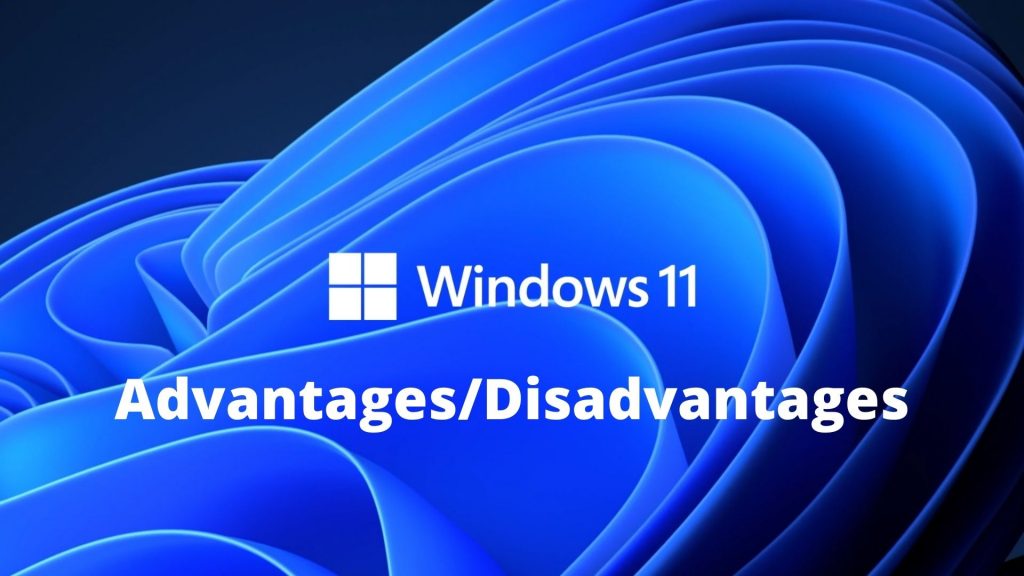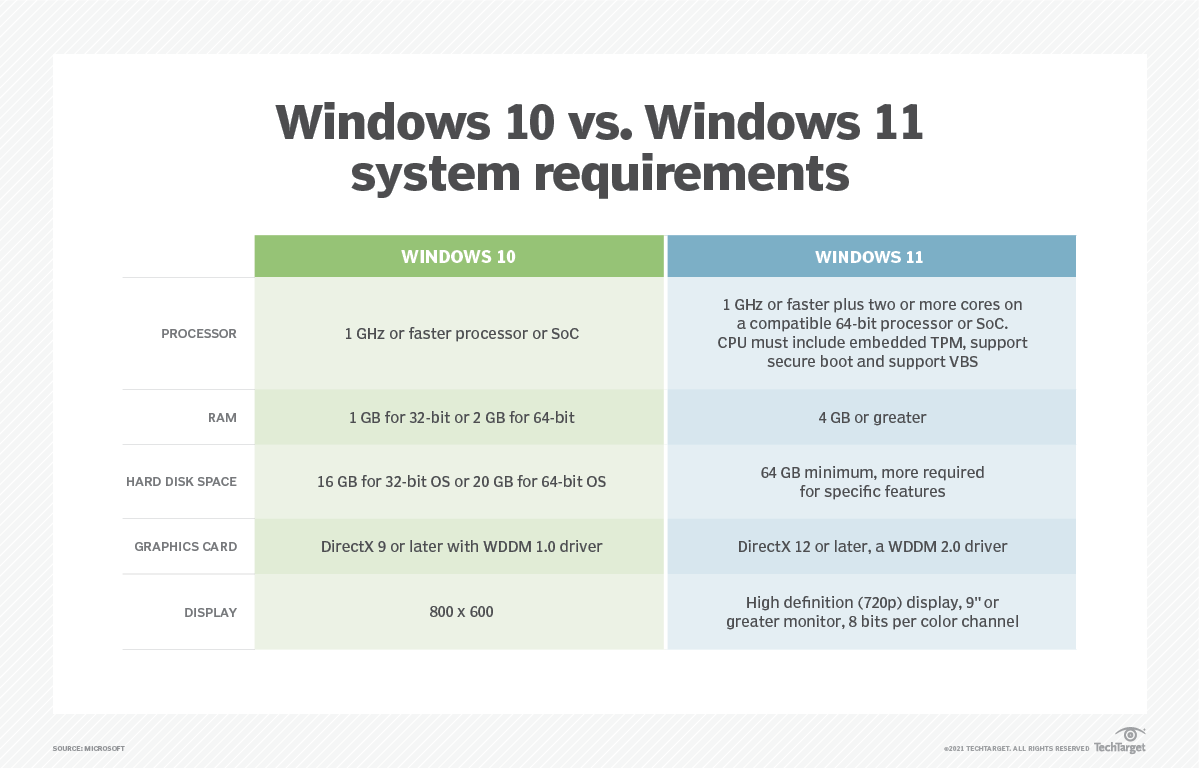5 Disadvantages Of Windows 11 (2025)
5 Disadvantages of Windows 11 (2025)
Related Articles: 5 Disadvantages of Windows 11 (2025)
Introduction
With enthusiasm, let’s navigate through the intriguing topic related to 5 Disadvantages of Windows 11 (2025). Let’s weave interesting information and offer fresh perspectives to the readers.
5 Disadvantages of Windows 11 (2025)

Introduction
Windows 11, the latest iteration of Microsoft’s flagship operating system, has been met with mixed reactions since its release. While it boasts several notable enhancements, it also introduces certain drawbacks that users should be aware of before upgrading. This article explores five key disadvantages of Windows 11, providing an in-depth analysis of their potential implications.
1. System Requirements and Compatibility Issues
One of the most significant drawbacks of Windows 11 is its stringent system requirements. The operating system demands a relatively powerful hardware configuration, including a TPM 2.0 chip and a UEFI BIOS with Secure Boot enabled. This requirement can pose a challenge for older or low-end devices, potentially excluding a large segment of users from upgrading. Moreover, compatibility issues with certain peripherals and software applications can further hinder the adoption of Windows 11.
2. Privacy Concerns
Windows 11 has raised concerns regarding privacy and data collection practices. The operating system’s default settings allow Microsoft to gather a wide range of user data, including diagnostic information, usage patterns, and even personal files. While users can opt out of some data collection, the extent of Microsoft’s data harvesting has sparked privacy debates.
3. User Interface Changes
Windows 11 introduces a significant redesign of the user interface, which may require a learning curve for existing Windows users. The new Start menu, taskbar, and File Explorer have undergone substantial changes, potentially disrupting the familiar workflow of many users. Additionally, the removal of certain features, such as the ability to drag and drop files to the taskbar, has been met with criticism.
4. Performance Issues
While Windows 11 is optimized for performance, some users have reported experiencing performance issues, particularly on older hardware. These issues can include slow boot times, sluggish application responsiveness, and occasional system freezes. The demanding system requirements and compatibility issues can further exacerbate performance problems.
5. Limited Customization Options
Compared to previous versions of Windows, Windows 11 offers fewer customization options. The operating system enforces a stricter design language, limiting users’ ability to personalize their desktops and applications. This lack of customization flexibility may disappoint users who prefer a more tailored computing experience.
FAQs
-
Q: Are the system requirements for Windows 11 non-negotiable?
-
A: No, Microsoft has stated that it may consider relaxing the system requirements in the future. However, it is unlikely that the TPM 2.0 and Secure Boot requirements will be removed entirely.
-
Q: How can I protect my privacy in Windows 11?
-
A: Users can adjust privacy settings in the Windows Settings app to limit data collection. It is recommended to review these settings carefully and opt out of unnecessary data sharing.
-
Q: Can I revert to Windows 10 if I don’t like Windows 11?
-
A: Yes, it is possible to roll back to Windows 10 within 10 days of upgrading to Windows 11. After this period, a clean installation of Windows 10 may be required.
Tips
- Consider your hardware compatibility: Ensure that your device meets the minimum system requirements before upgrading to Windows 11.
- Review privacy settings: Customize privacy settings to minimize data collection and protect your personal information.
- Adapt to the new user interface: Take time to familiarize yourself with the redesigned user interface and explore new features to enhance your productivity.
- Monitor performance: If you encounter performance issues, try updating drivers, disabling unnecessary services, or performing a clean installation of Windows 11.
- Explore customization options: While customization options are limited in Windows 11, consider using third-party tools or themes to personalize your desktop experience.
Conclusion
Windows 11 offers several improvements and enhancements over previous versions of Windows. However, it is essential to be aware of its potential disadvantages before upgrading. The stringent system requirements, privacy concerns, user interface changes, performance issues, and limited customization options can impact the user experience. By carefully considering these drawbacks and taking appropriate measures, users can make an informed decision about whether to upgrade to Windows 11 or remain with their current operating system.








Closure
Thus, we hope this article has provided valuable insights into 5 Disadvantages of Windows 11 (2025). We appreciate your attention to our article. See you in our next article!